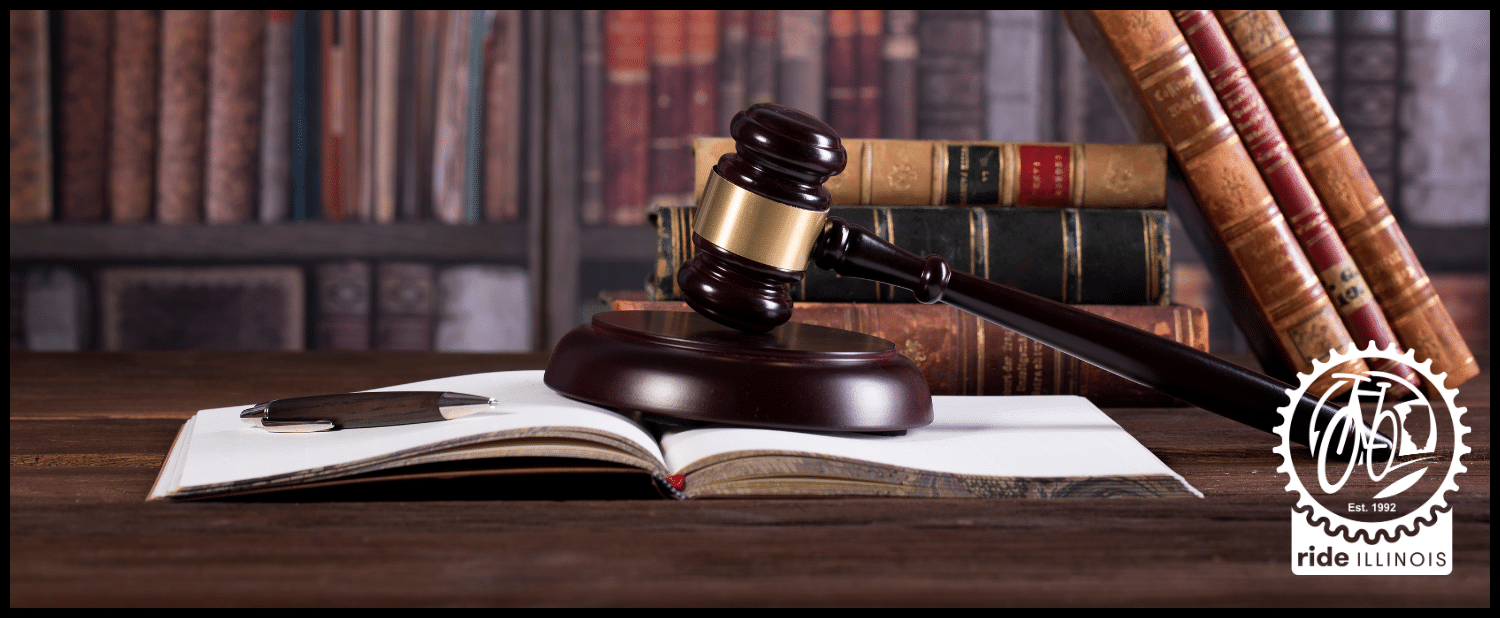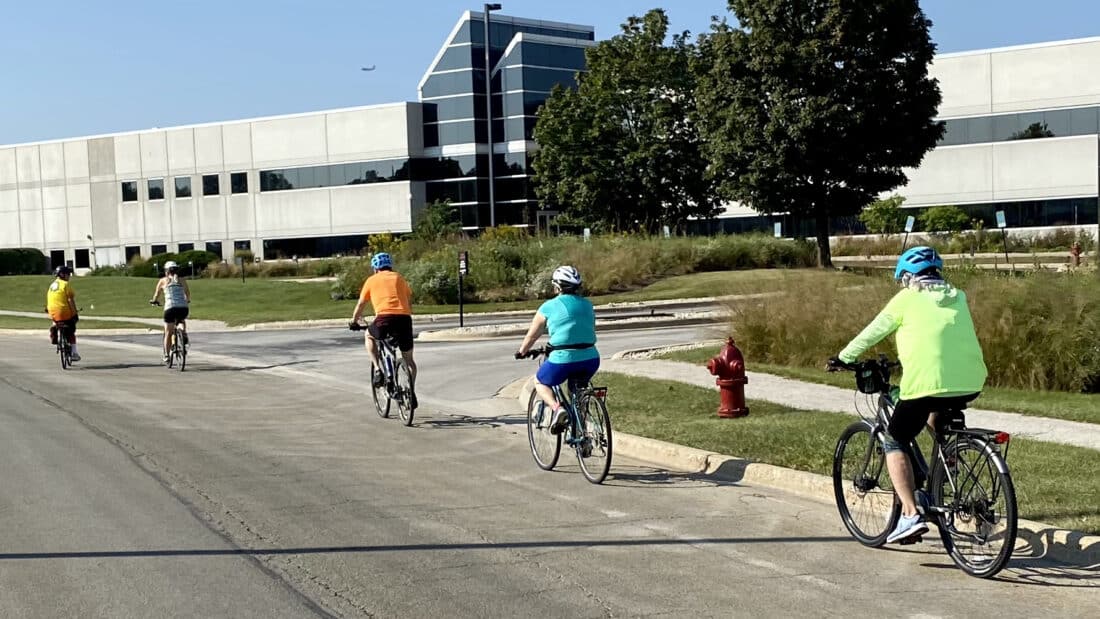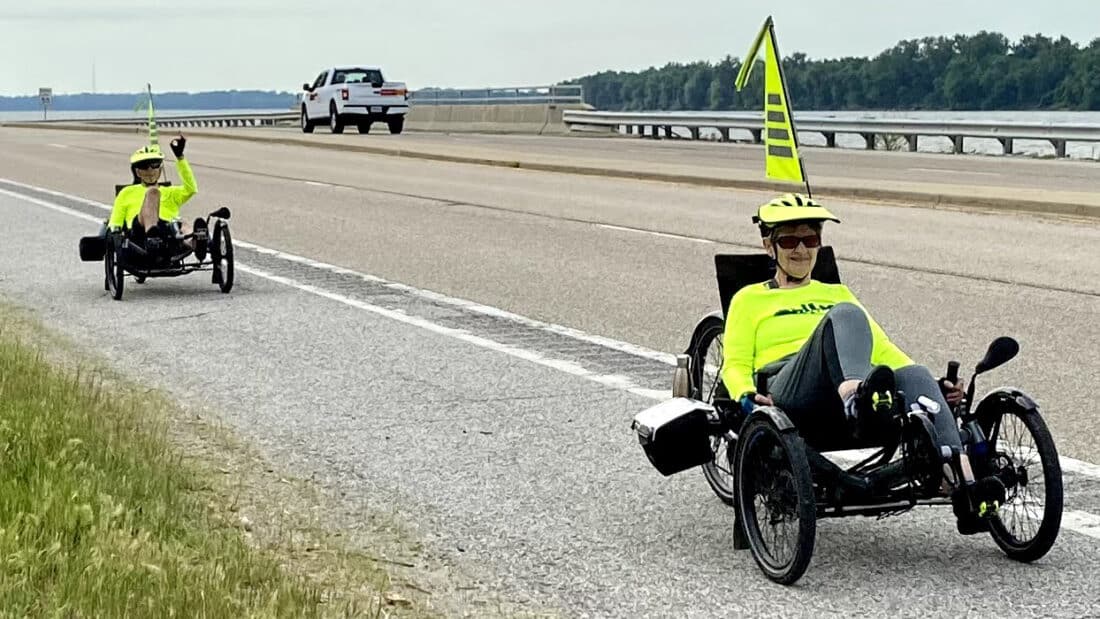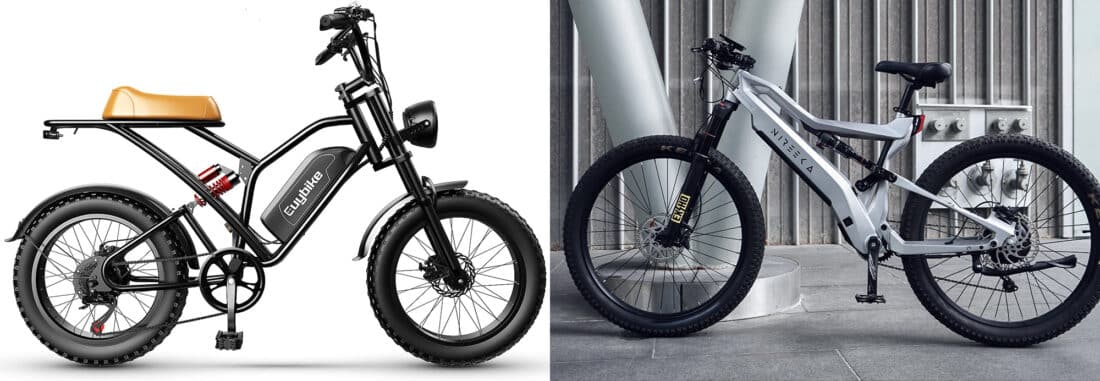




Again in 2025, Ride Illinois has established legislative priorities that aim to make it easier and safer for adults and children to ride a bicycle in Illinois. Our Advocacy Committee has worked diligently to identify priorities.
Continue reading to learn more. Contact us at info@rideillinois.org with questions or comments about our 2025 legislative priorities.
Speed is a contributing factor in about 30% of crashes, according to available data. Ride Illinois and partners aim to make it easier for municipalities and agencies that own and maintain roads to reduce speed limits on roads they know are unsafe. Two Midwestern neighbors have made progress and we suggest that Illinois follow their lead:
Ride Illinois supports efforts to lower speed limits on Illinois roads. Reducing speed limits will save lives. In addition, investments in safe, connected infrastructure for bicyclists, pedestrians, and vulnerable roads users (VRUs) is desperately needed.
This matter remains one of Ride Illinois’ top priorities. The Illinois Supreme Court ruling in the Alave v. City of Chicago case in December upheld the infamous Boub v. Wayne decision from 1998. It’s worth noting that Illinois is the only state in the country that recognizes bicyclists as permitted, but not intended users of the road, unless bicycle infrastructure available and/or signage is present.
Many municipalities in Illinois don’t have dedicated bike infrastructure. Due to the Illinois Supreme Court’s ruling, municipalities are discouraged from making their community more bike-friendly. This matter has run its course in the courts, so a legislative change is needed to recognize bicyclists as both permitted and intended users of Illinois roads.

The Illinois Vehicle Code (625 ILCS 5/1-106) defines a bicycle as: Every device propelled by human power upon which any person may ride, having two tandem wheels except scooters and similar devices. From a legal standpoint, trikes and similar human-powered or low-speed electric vehicles cannot be legally be used on Illinois roads.
Ride Illinois strives to update the legal definition of a bicycle in the Vehicle Code. Our proposed, updated definition is: Every human-powered or low-speed electric vehicle with two or more wheels not less than 12” in diameter, designed for the transportation of one or more persons.

E-bikes are game changers when it comes to sustainable transportation and increased physical activity for Illinois residents. Technology has outpaced regulation for several years, so we aim to address some of the negative aspects of the e-bike industry.
Two matters related to e-bikes are on our radar for 2025 which align with best practices in bike-friendly states:

In addition to those shared in this article, Ride Illinois is seeking opportunities to make progress on the following, relevant topics:
Click the buttons below to learn more about recently-introduced bills, at the state and federal level, pertaining to bicycling. And be sure to sign up for alerts and newsletters from Ride Illinois to stay informed!